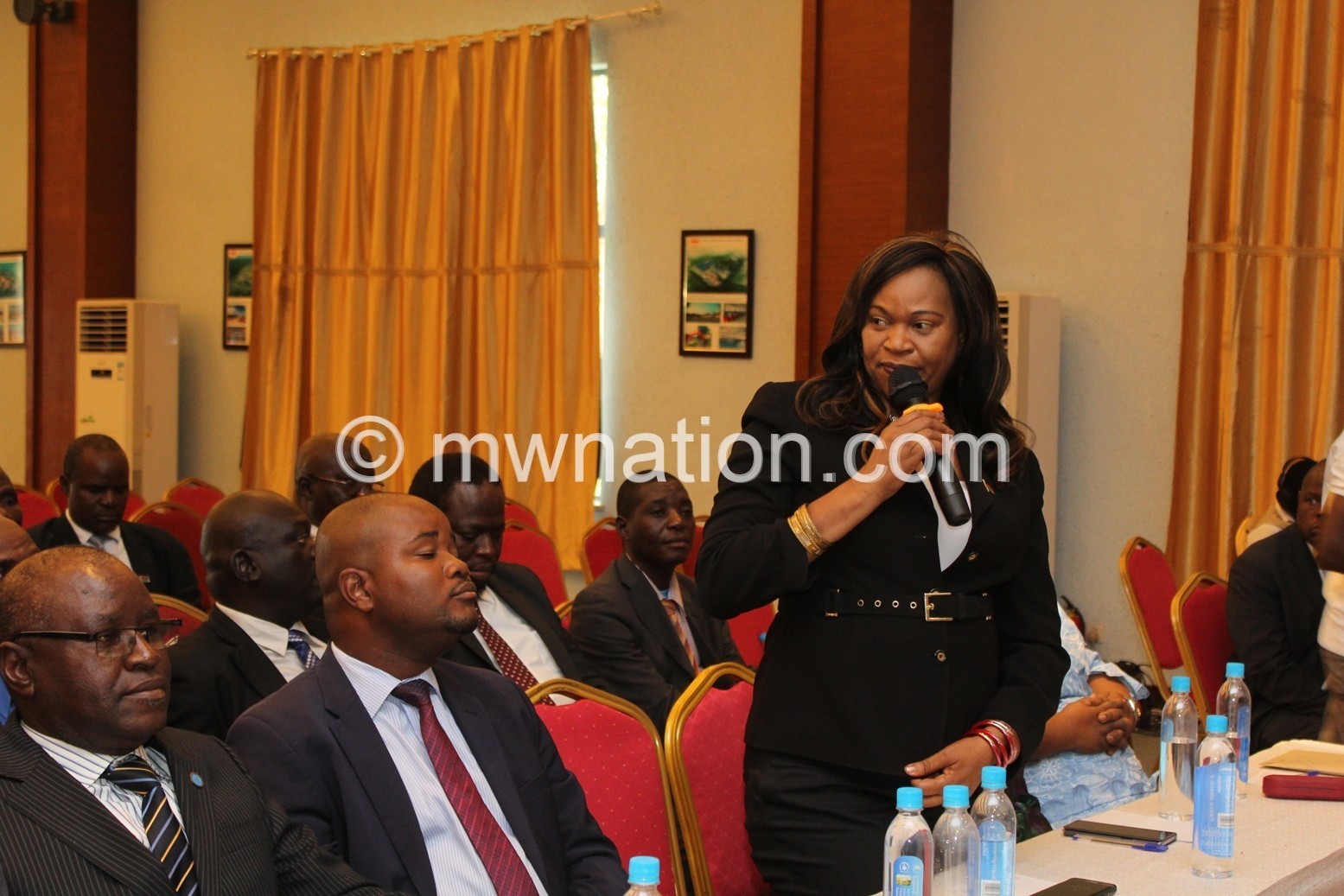Enter the promotion pipeline
Promotion: Most people want it, but assume they will get it from hard work and doing their job. Decisions on promotions are more sophisticated than that. Organisations have other factors to consider. Here are factors worth paying attention to.
The cost and risks of promoting you: What will it cost the organisation to promote you? Costs come in the form of the gaps you’ll leave in your current role, how important the current role is and how easy it’ll be to fill it if you moved. Are the skills for the current job more difficult to find than the ‘promotion position’? Do you have bad relationships with key people in the organisation? If you’ve been too territorial, that could also cost you a promotion. So, start behaving in a way that minimises any perceived and actual risks that would be associated with promoting you.
The benefit and value of promoting you: You must show you can do the job at the next level, be a game changer to help the organisation get where it wants to go. If your name evokes words like ‘good enough, competent or even good at their job’ you may not be in the frontline to be considered for a promotion because people at the top don’t just do a good job, they shift gears and move the organisation forward. Aim for have words like ‘asset, strategic thinker, goes above and beyond’ associated with your name. Start doing some of the work from the level you want to get the right experience and show you are hungry to move up.
How you compare with available options: Managers will look for signals that you would be the optimum choice for future performance. Take responsibility for applying your skills across the organisation, not underutilising yourself. Feed the perception and assurance that you will be a good investment. Organisations want to optimise any staffing change so make sure that your promotion does not create a difficult situation in the organisation.
Now take Action: What one thing will you do to ready yourself for promotion?
brains
‘Facebook is being abused’
Kaitano Simwaka, Correspondent
Facebook (FB) is a popular free social networking site that allows registered users to upload photos and videos; send messages and keep in touch with friends, family and colleagues. Ask.com says the site is available in 37 different languages.
FB was founded in 2004. Its mission is to give people the power to share and make the world more open. The BBC website says FB started in the United States as a way for some college children to stay in touch after leaving campus. It evolved since then to become one of the largest social networks.
In Malawi, most people started using FB around 2008 and 2009. University students make up a good number of those using the services in Malawi. For example, at Mzuzu University (Mzuni) all students, except those pursuing education programmes, are offered End User Computing Course which enables students to be computer literate.
I joined FB in 2012 out of curiosity after almost all students at Mzuni were linking with one another through FB. After a while, I developed unfathomable interest in FB, taking advantage of its cheapness.
What began to send signals of worry was how students at Mzuni use the network. While getting a lecture on the internet package in the computer lab, I was shocked when I saw a classmate having opened two tabs on the Internet Explorer. One tab was for the lecture and the other was FB as she chatted with her friends. In the end, she did not get what was taught.
Browsing on FB during lectures has become a disgusting trend for many students. Since FB has no ringtone, it is used discreetly.
With the availability of smart phones, they access a good number of wireless connectivity networks available at the university. My opinion is that most students spend approximately 60 percent of their time on FB even outside classes. This means that students have little time for reading and working on their assignments.
The intake of students per academic year has been dwindling every year from 2010, 2012 and 2013. The intake was 600, 366 and 220 for government sponsored students, respectively, but the number of students on withdrawal and repeat courses is increasing in every new intake.
This is worrisome. However, the university is trying to improve the standards. For example, there is a free one-hour internet access in the computer lab for every student to help them with academic workload. But, of course, most students spend the whole hour on FB.
The language used on FB is destructive as some students write the same short or abbreviated forms of communication in their school work. After the examination, some complain about having goofed in spellings. One thing we should know is that anything that takes your interest can ruin your future.
Lastly, I appeal to my fellow students to manage our time responsibly. FB is not evil. Users should divide their time to accommodate academic engagements.





